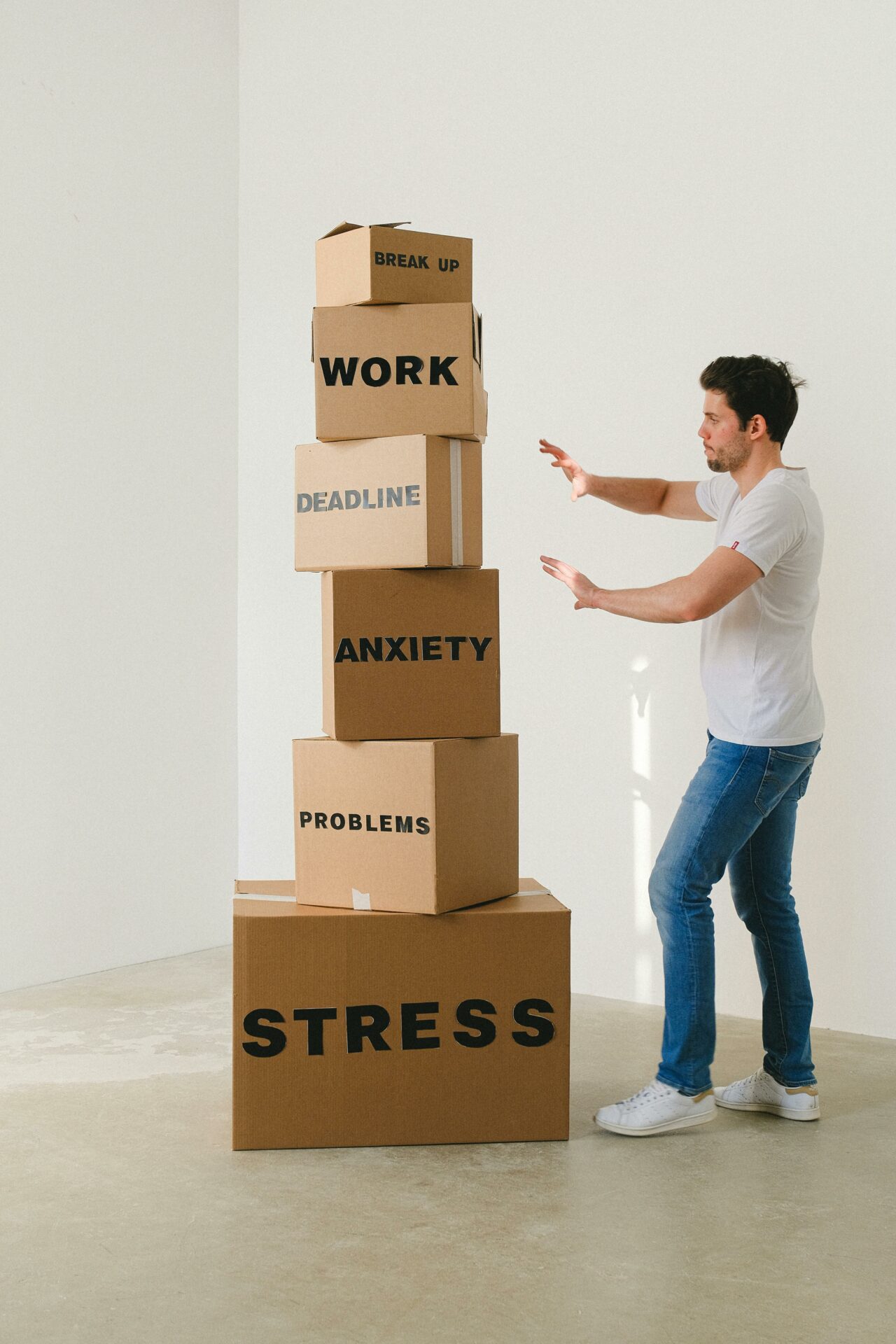
Achieving Harmony: The Art of Balancing Work and Life
Achieving a harmonious work-life balance can often feel like an elusive goal. With demands from both our professional and personal lives constantly pulling us in different directions, it’s easy to become overwhelmed and stressed. However, maintaining an equilibrium between work and life is essential for our overall well-being and happiness.
Here are some valuable tips to help you strike that delicate balance:
Set Boundaries: Creating clear boundaries between work and personal life is crucial. Communicate your availability to your colleagues and clients and stick to designated work hours whenever possible. When you’re off the clock, resist the temptation to check emails or respond to work-related messages unless it’s truly urgent. By establishing these boundaries, you protect your personal time and reduce stress associated with constantly being “on.”
Prioritise Tasks: Not all tasks are created equal. Use techniques like Eisenhower’s Urgent/Important Principle to identify tasks that are both urgent and important, and tackle those first. Learn to delegate tasks that others can handle, and don’t hesitate to decline commitments that don’t align with your priorities. By focusing on your priorities, you can make the most of your time and energy.
Schedule Breaks: Taking regular breaks is essential for maintaining productivity and preventing burnout. Schedule short breaks throughout your day to step away from your work and recharge. Whether it’s a quick walk around the block, a few minutes of deep breathing, or simply closing your eyes for a moment of relaxation, these breaks can help you return to your tasks with renewed focus and clarity.
Practice Time Management: Effective time management is the cornerstone of a balanced life. Experiment with different techniques to find what works best for you. Time blocking, for example, involves setting aside specific blocks of time for different tasks or activities.
Maintain Healthy Habits: Your physical and mental well-being should always come first. Make time for exercise, even if it’s just a quick workout or a walk around the neighborhood. Fuel your body with nutritious foods that provide sustained energy throughout the day. And prioritise sleep—aim for seven to nine hours of quality sleep each night to support your overall health and resilience.
Limit Distractions: In today’s hyper-connected world, distractions are everywhere. Take proactive steps to minimise interruptions and maintain focus during your work hours. This may involve silencing notifications on your phone, using website blockers to prevent mindless browsing, or setting up a dedicated workspace where you can concentrate without distractions. By creating a conducive environment for productivity, you’ll be better equipped to tackle your tasks efficiently.
Learn to Say No: Saying no can be challenging, especially if you’re a people pleaser by nature. However, learning to set boundaries and prioritise your own needs is essential for maintaining a healthy work-life balance. Before committing to a new task or obligation, ask yourself whether it aligns with your goals and priorities. If not, don’t be afraid to decline politely. Remember, saying no to one thing means saying yes to yourself and your well-being.
Invest in Relationships: Building and nurturing meaningful relationships is an integral part of a fulfilling life. Make time for your loved ones outside of work, whether it’s scheduling regular date nights with your partner, planning family outings, or catching up with friends over coffee. Cultivating these connections not only enriches your personal life but also provides essential support and companionship during challenging times.
Set Realistic Expectations: Perfectionism can be a significant barrier to achieving a healthy work-life balance. Instead of striving for perfection, aim for progress and continuous improvement. Recognise that you’re only human and that mistakes and setbacks are inevitable. Set realistic goals for yourself, and celebrate your achievements along the way.
Reflect and Adjust: Remember that achieving work-life balance is an ongoing journey, not a destination. Regularly assess your priorities, routines, and habits, and be willing to make adjustments as needed. If you find yourself feeling overwhelmed or out of balance, take a step back and evaluate what changes you can make to regain equilibrium. Flexibility and adaptability are key to maintaining harmony in an ever-changing world.
Achieving a healthy work-life balance is an ongoing process that requires conscious effort and commitment. By implementing these tips and making self-care a priority, you can create a more harmonious and fulfilling life where both work and personal pursuits coexist in balance.
